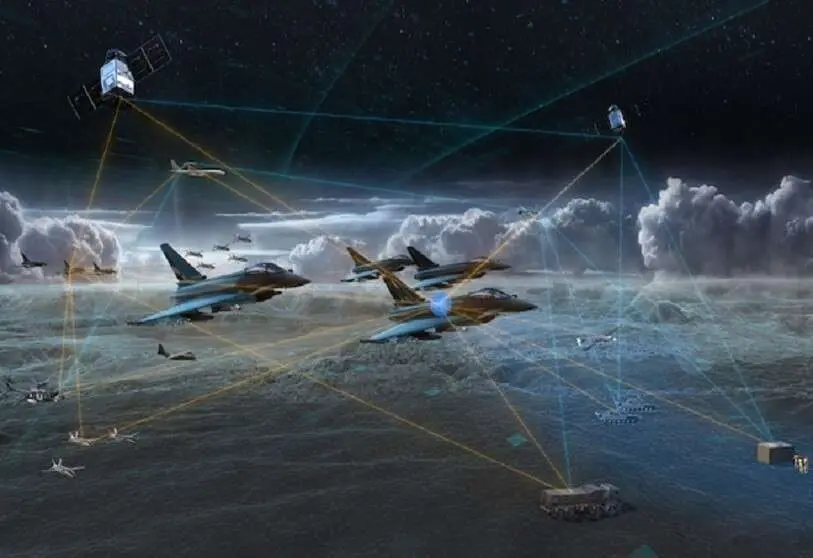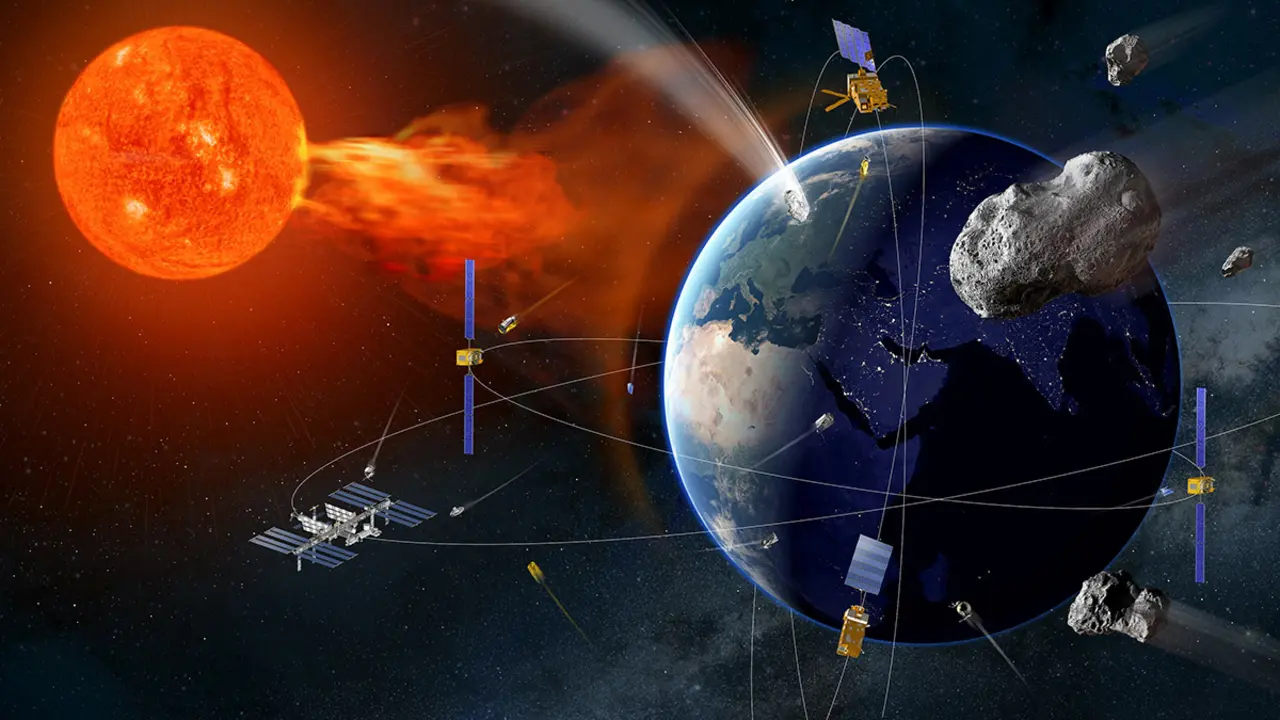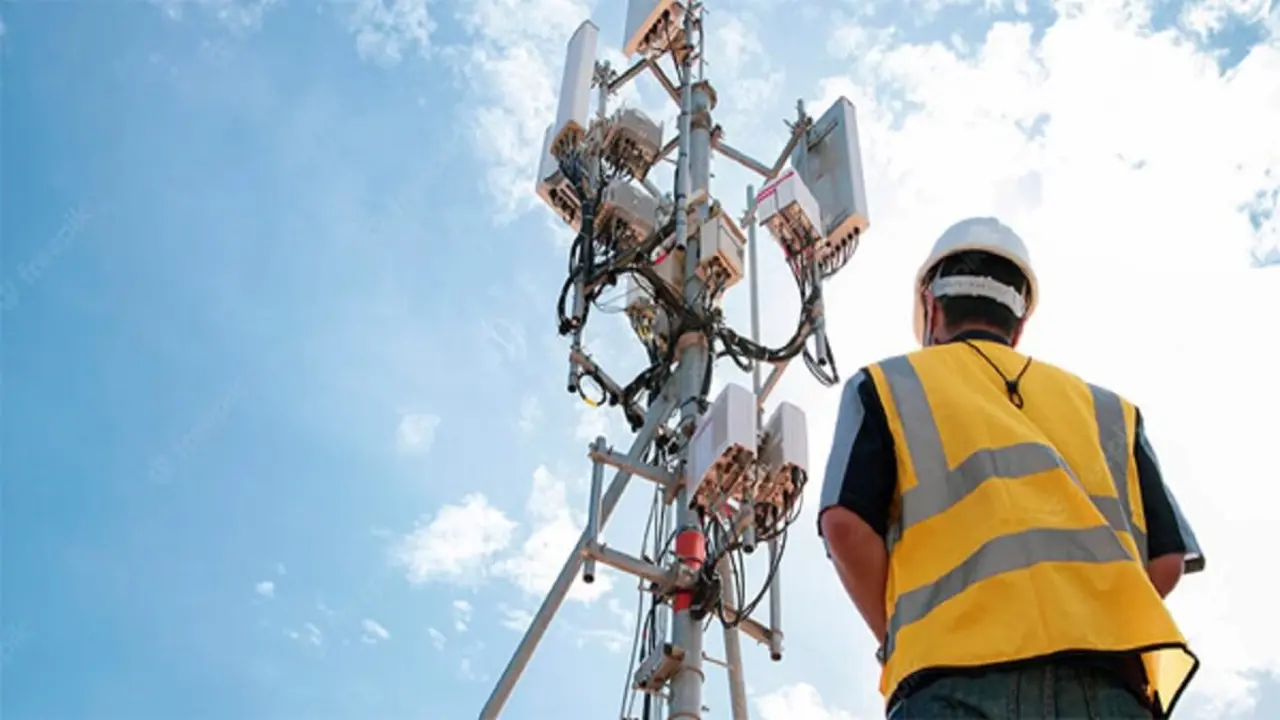Indra subscribes the air combat system which will provide 600 million euros in three years

Indra is the main beneficiary in Spain of the FCAS programme (Future Air Combat System) which will provide contracts for more than 600 million euros in three years and will imply the creation of 1,000 highly qualified jobs (400 at Indra). The company chaired by Marc Murtra, which will have a specific headquarters for this programme in Alcobendas (Madrid), is the national coordinator of the programme. It will lead the sensor system of this military programme.
The FCAS, in which Spain, Germany and France are also participating, is the largest military project in Europe, with an estimated investment of more than 100,000 million euros. For the first time, Spain is participating for the first time on an equal footing with the other two partners. While Indra is one of the protagonists, Dassault is the leader for France and Airbus for Germany.
After the signature of the respective contracts, which has been delayed by almost a year with respect to the initially planned date, the development phase begins for a period of three years. At this stage, the Spanish company will focus on the control of new technologies ranging from propulsion, interconnected and distributed sensors, as well as communications related to cloud services, edge computing and artificial intelligence.
The development and maturation of the technologies of what is considered the next generation is aimed at making FCAS the world's most advanced air combat system of systems, according to the company. They will also drive the digitisation of the industry and the emergence of new dual technologies, which can have both military and civilian application in different sectors.
The next phase, phase 2, will have a three-year lifespan until 2029-30, although the first flights are planned to take place in 2028, with the aim of bringing the system into service in 2040. FCAS involves moving from traditional fighter technology to a 'system of systems' that will be interconnected and include a next-generation aircraft (NGF), unmanned platforms, remote carriers (RC), and a combat cloud.








